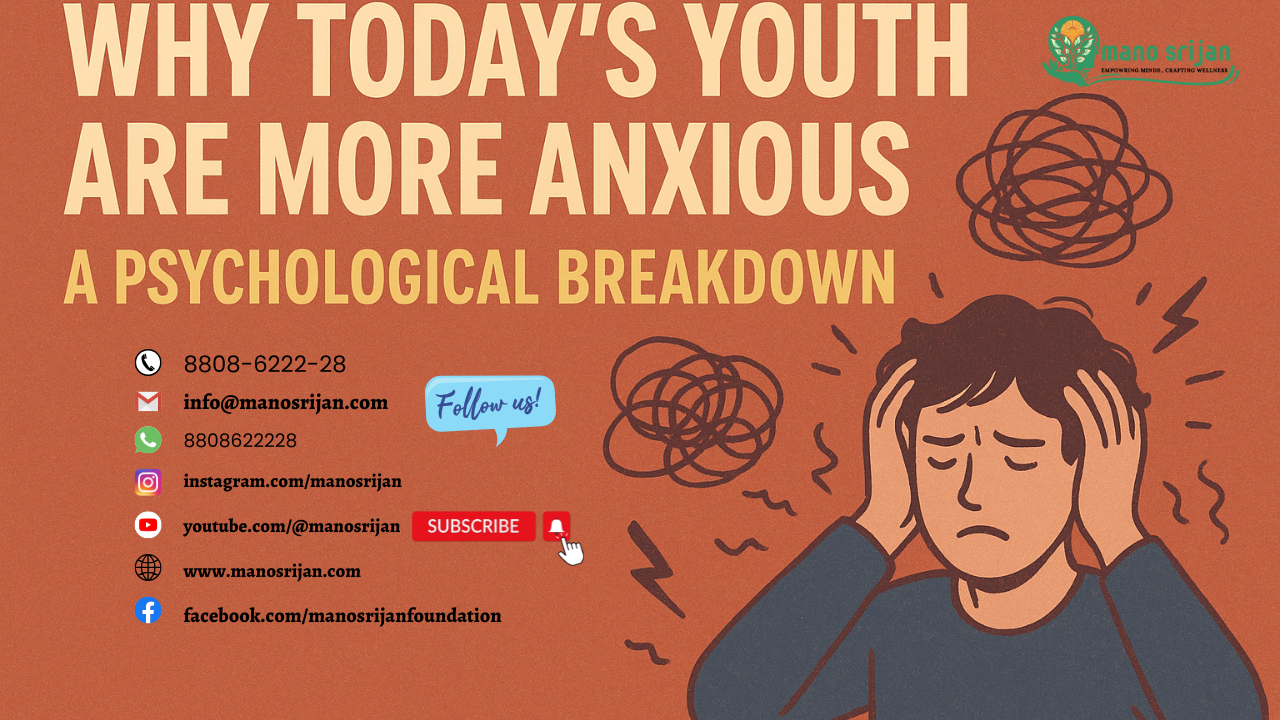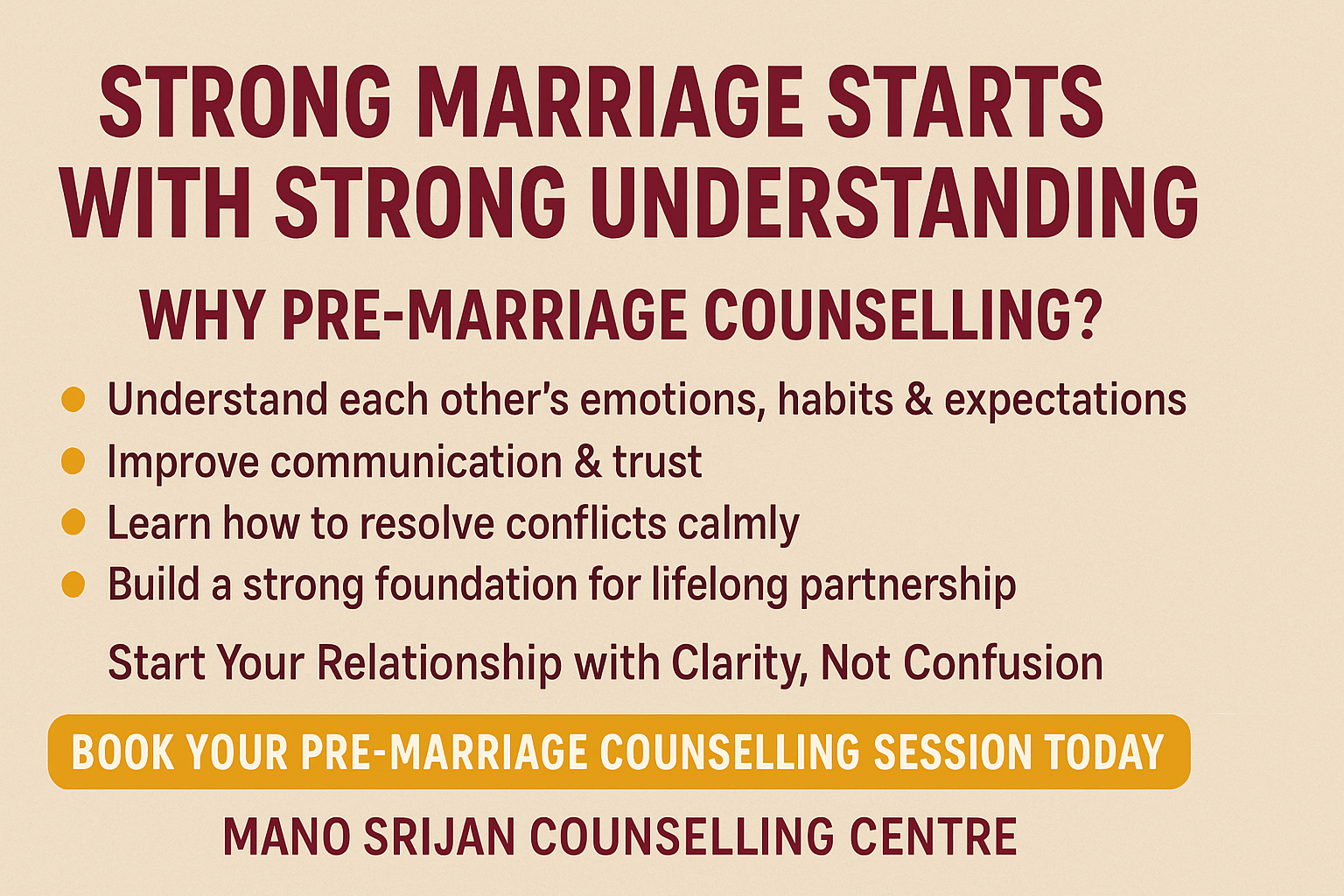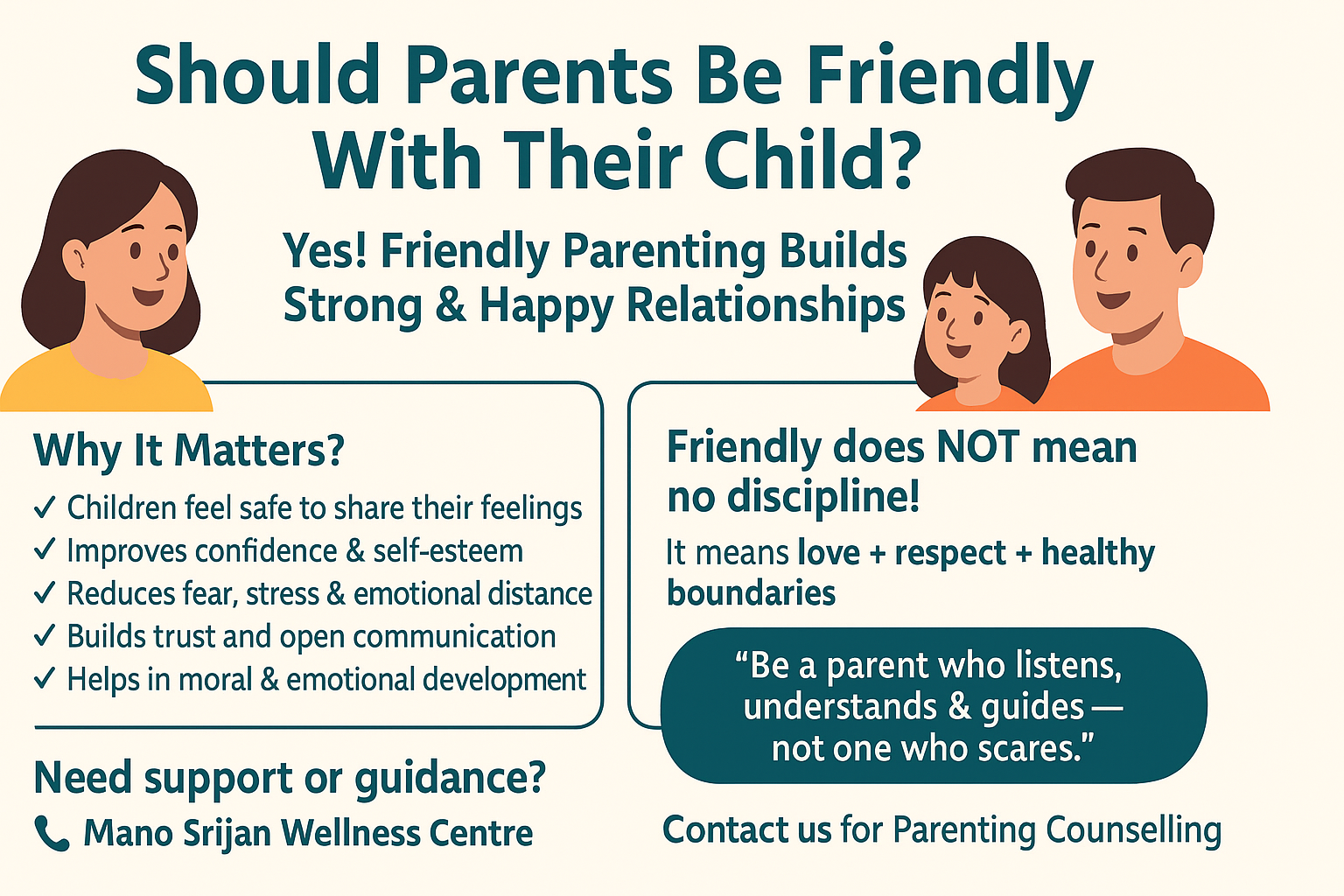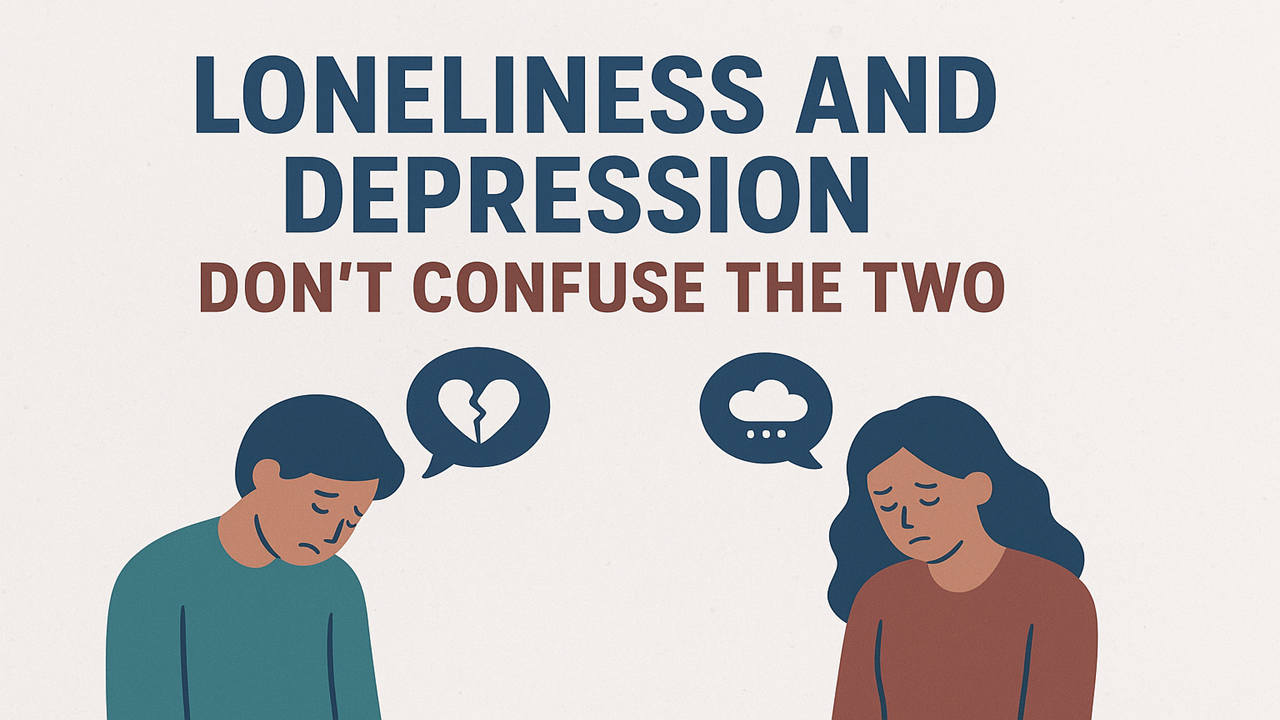
- 14 Nov 2024
- Psy. Ashish Pandey
How to Resolve Conflicts In a Relationship
Resolving conflicts in a relationship is essential for maintaining a healthy connection and mutual respect. Here's a practical approach to resolving conflicts that focuses on communication, empathy, and compromise.
1.
Stay Calm and Centered
- Take a break if needed: If emotions are running high, it’s okay to step away
from the situation to cool off. This prevents the conflict from escalating
and helps you think more clearly.
- Breathe and relax:
Deep breathing or grounding techniques can help manage your stress and
bring calm to the situation, allowing you to respond more thoughtfully.
2.
Listen Actively
- Focus on listening, not just responding: Let your partner speak without interrupting, and
really listen to what they’re saying. This shows respect and helps you
understand their perspective.
- Validate their feelings: Even if you disagree with your partner, acknowledge
that their feelings are real and important. You can say something like, “I
understand why that upset you.”
3.
Communicate Your Feelings
- Use “I” statements:
Express your feelings without blaming your partner. For example, say, “I
felt hurt when…” instead of “You always…” This reduces defensiveness and
keeps the conversation focused on your feelings.
- Be honest but gentle:
Share your thoughts openly, but aim to do so in a way that doesn’t attack
or criticize. The goal is to communicate, not to escalate the conflict.
4.
Stay Focused on the Issue
- Deal with the current issue: Avoid bringing up past arguments or unrelated issues.
Focus on solving the problem at hand.
- Don’t use hurtful language: Words like “always” or “never” can make the situation
worse by generalizing the issue. Stick to what’s happening now.
5.
Seek to Understand, Not to Win
- Be open to your partner’s point of view: You may not agree, but try to see things from their
perspective. Understanding their feelings and concerns can lead to finding
a solution that works for both of you.
- Ask questions to clarify: If something your partner says is unclear, gently ask
for more details. This shows you care about understanding them fully.
6.
Take Responsibility Where Needed
- Own your part:
If you’ve contributed to the conflict, own up to it. Acknowledging your
role helps to de-escalate the tension and creates space for resolution.
- Apologize sincerely:
A genuine apology can go a long way in healing any hurt feelings and
repairing trust.
7.
Compromise and Find a Solution
- Be willing to give and take: In most conflicts, both partners need to adjust and
make compromises. It’s about finding a middle ground where both of you
feel heard and respected.
- Collaborate on a solution: Work together to find a resolution that satisfies
both parties. This might mean making some adjustments or agreeing on a
plan to address the issue moving forward.
8.
Forgive and Let Go
- Let go of grudges:
Once the conflict is resolved, don’t hold onto resentment. Holding onto
past issues can make it harder to move forward in the relationship.
- Practice forgiveness:
Both forgiving your partner and being open to being forgiven can help
rebuild trust and strengthen your bond.
9.
Set Boundaries for Healthy Communication
- Know when to pause the conversation: If the argument is getting too heated, set a boundary
by saying something like, “Let’s take a break and come back to this later
when we’re both calm.”
- Avoid name-calling or insults: Respectful communication is key. If either person
resorts to hurtful language, it can damage the relationship in the long
run.
10.
Strengthen the Relationship Over Time
- Make time for positive interactions: It’s important to nurture the relationship through
positive experiences as well. Regularly affirm each other’s value, and
find opportunities to show appreciation.
- Develop better communication skills: Conflict resolution is an ongoing process. Practice
active listening, empathy, and problem-solving to improve communication in
the relationship.
Key
Principles for Conflict Resolution:
- Respect:
Treat your partner with respect, even during disagreements.
- Empathy:
Try to understand their feelings and show that you care.
- Collaboration: Approach conflicts as a team, with the goal of finding a solution together
Ultimately, conflict is a natural part of any relationship, but how you approach it can make all the difference. The goal is not to avoid conflict entirely, but to handle it with respect, empathy, and a shared desire to strengthen your bond






